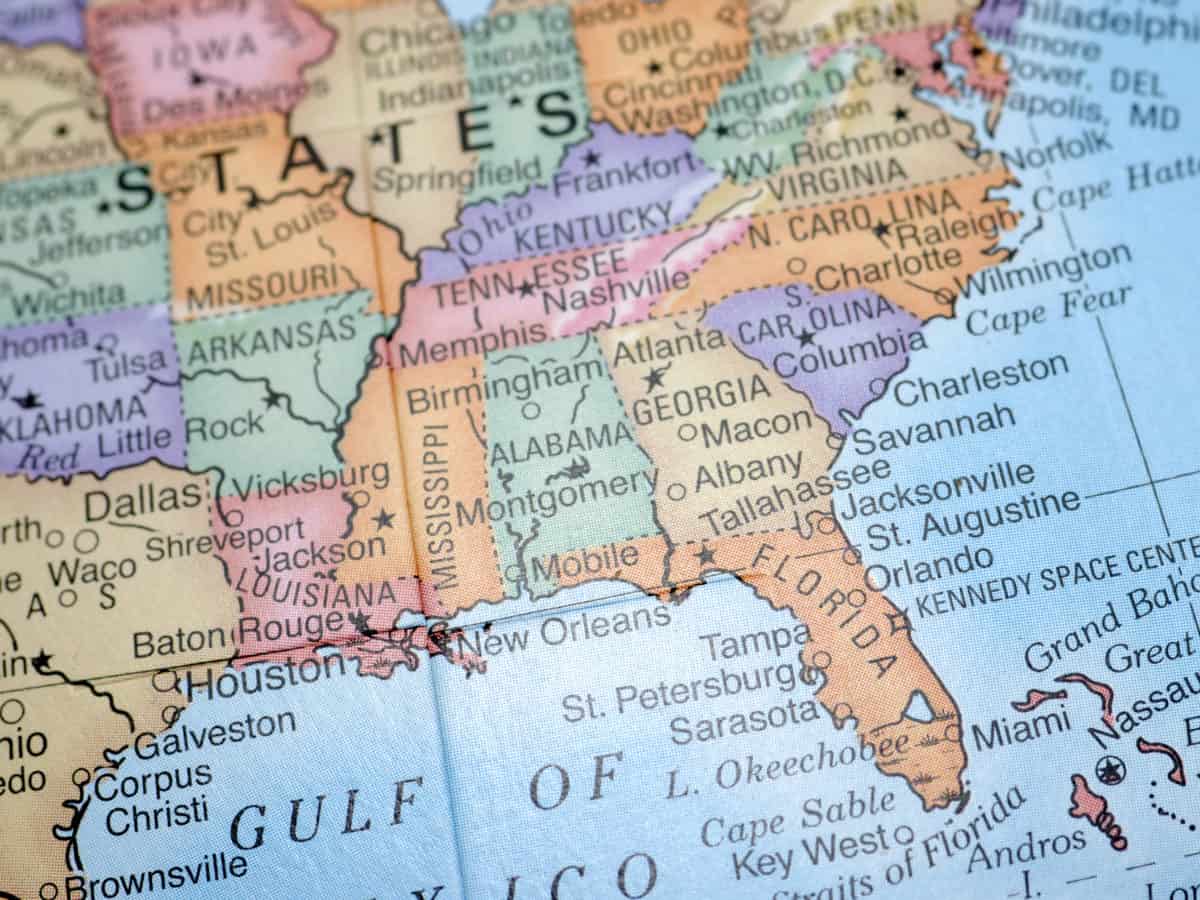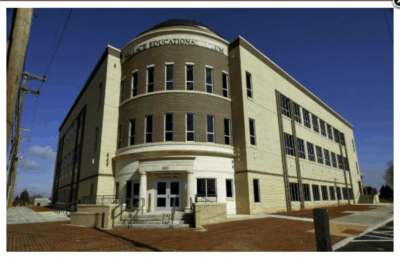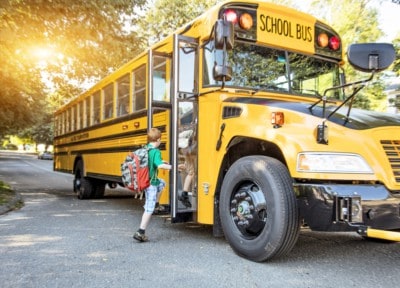

After weeks of struggling with the fallout of COVID-19 — working remotely, social distancing, helping neighbors when we can — I’m quite sure no one needs to be told that we’re living in “unprecedented times.”
That seems clear enough. Our teachers are coping with a digital environment that most were not trained for, trying to maintain their focus on equity to be sure every child has a chance at a quality education, meanwhile managing houses and budgets and families and concerns about their health, as we all are. It’s more than anyone was prepared for.
But if these times are unprecedented, so is our teachers’ response. Here’s the thing about educators: no matter the crisis, they’ll do whatever they can to support students.
The Southern Regional Education Board (SREB) itself exists because in 1948, after a depression and a world war, 16 states came together to say we can do more together than we can separately. And as we face down another crisis, once again people in the South are coming together to help one another. College faculty and K-12 teachers are coping with this upheaval in part because people are willing to share — ideas, time, online platforms, coaching.
When we pool what we know, we can do so much more.
I’d like to share a few examples of the incredible work going on across the South: First, educators are making student health a priority. Not only by social distancing and closing schools, but also by making sure kids have enough food.
In South Carolina, districts have delivered over a million meals by school bus to families with children. Maryland has served nearly half a million at over 500 sites.
Districts in Kentucky and North Carolina are even combining food service with Wi-Fi-capable buses, allowing students to access the internet while they’re being fed. That access is essential now for coursework. To make the best of this situation, districts and states are coming up with unique approaches.
In Florida, school districts have been given the flexibility to access funds to help low-income students pay for computers and home-based internet services. The Florida Virtual School will provide digital learning capacity for an additional 400,000 students.
Kentucky has started a task force to report on progress and to develop recommendations for supporting students, from pre-K to postsecondary. All around the region, school and campus counselors are finding innovative ways to support students when they need it most, keeping them on track for what comes next in their lives.
And the states are working together. On short notice, representatives from Alabama, Arkansas, Florida, Georgia, Kentucky, North Carolina, Tennessee, South Carolina, and Virginia met to trade ideas and resources to address the challenges of digital learning and supporting students online.
The Georgia Department of Education offered all states free access to two micro-courses that cover digital learning and supporting students with special needs, plus a hundred more courses in grades six through 12. Facing school closings, college of education leaders in Alabama, Mississippi, North Carolina, Oklahoma and Kentucky came together to share how they’re helping education majors who, in their final student-teaching semester, no longer have a school to go to. The result was a set of short- and long-term recommendations on admission, practicum experiences and student teaching.
In extraordinary times like these, it’s easy to focus on the negatives, and there are plenty. But I see a lot of good out there too.
Both in and out of crisis mode, our educators and leaders have always been ready to look across district and state lines for the best ideas and partners, the best path to a shining future for our students. It’s standing them in good stead now. They know that hand-in-hand, we’re stronger, smarter, better.




